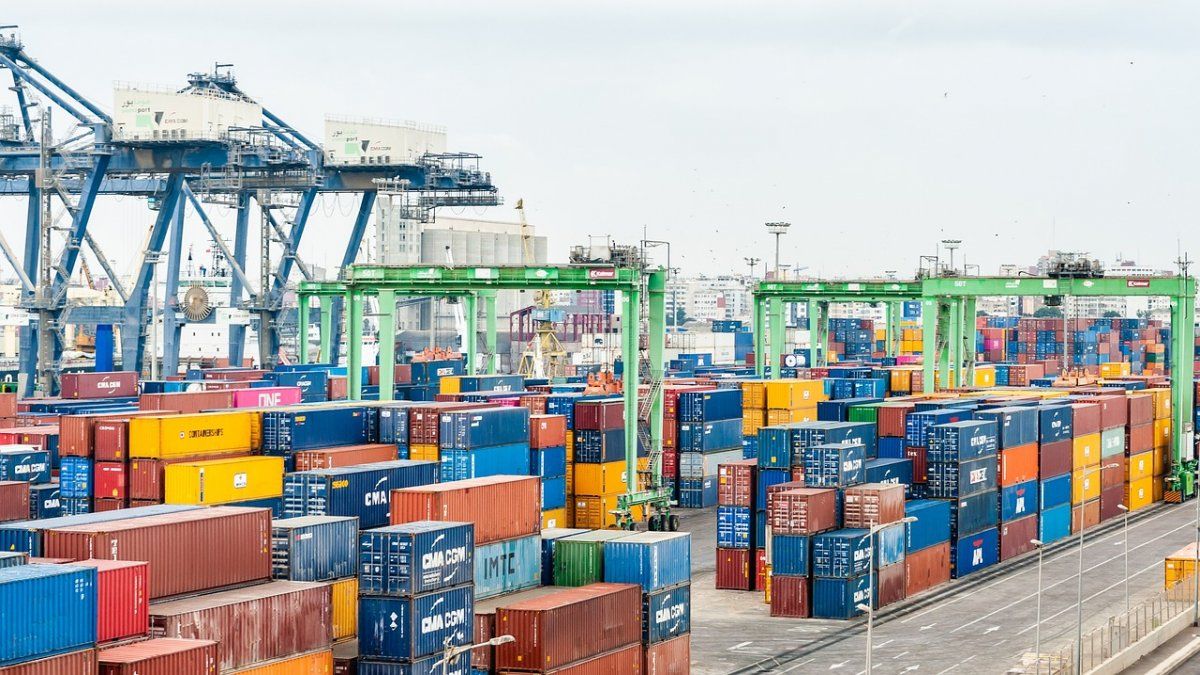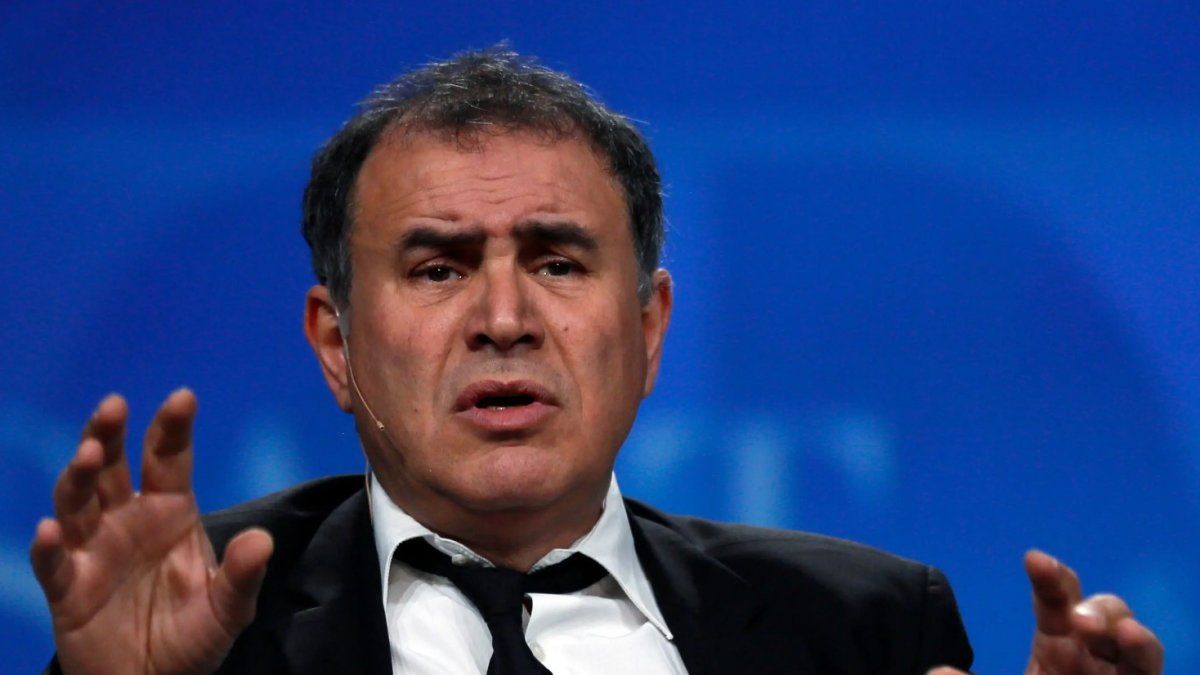The Government is betting that the new measures will have a low impact on inflation. On the one hand, because they consider them preferable to a generalized devaluation. But, also, because they ensure that companies in the last year had increases well above inflation and the crawling peg. This was reflected in the wholesale prices of imported goods, which rose 55 points above the official exchange rate, during the last year.
Sources from various business chambers confirmed that the official dollar loses reference for transactions and replacement of merchandise, although they prefer not to be mentioned, because it is a matter of discussion with the Ministry of Economy.
“What type of dollar do you use for your commercial transactions?”they asked 530 companies in the survey of economic expectations carried out by the Association of Entrepreneurs for Argentine Development (ENAC). Only half (51.6%) answered that they use the official exchange rate, while almost 1 out of 3 revealed that they use another dollar: 17.3% blue, 8.3% “an intermediate dollar according to my own criteria” and 2.5% use the MEP or the CCL.
But what was surprising about the response was the amount of “don’t know, no answer”, which was 20.3%. On this point, Leo Bilanskipresident of ENAC, stated: “20% of entrepreneurs prefer not to reveal how their costs are composedsomehow makes it clear that there is still a minority sector, but that could speculate by importing in official dollars, and reselling in illegal dollarssomething unacceptable in view of the foreign exchange situation that we are going through”.
When asked what exchange rate companies calculate the replacement cost of imported goods, an important metallurgical business chamber answered: “It is very heterogeneous with respect to the possibility of importing directly or buying from third parties, but in general it would be like a kind of mix between the official and the blue”.
Also, from a textile union that preferred not to be mentioned, they explained: “It is true that we all import in the official dollar, but to that we must add the cost of financing for 180 days of one dollar that you do not know how much it will be, is what some call sky dollar”.
Along the same lines, Julián Moreno, president of the Assembly of Small and Medium Entrepreneurs (Apyme), replied: “In almost all cases it is parallel, except for inputs that are regulated national production, but unfortunately there are fewer and fewer things left. In small imports, the possibility of importing an official amount of less than US$50,000 a year is still in force, which may be useful for some small importers. The availability of yuan freed up many imports, but it costs. The measures are of short duration and given the low certainty that this generates, companies are covered by doubts. It is not always speculation, survival is not easy in this context”.
In addition, Moreno added: “We know that this situation is a consequence of the drought, the BCRA that could not contain the bleeding of reserves, the agonizing negotiation in which the IMF puts us, and the irresponsible messages of some political leaders that generate uncertainty and therefore more gap, feeding back this process”.
The Government knows this and questions it in meetings with business leaders. In fact, high-ranking sources from the economic team stated that they hope that the tax on imports of goods will not be transferred to prices: “Businessmen have already been having increases above the devaluation process, with widening of margins,” stated a high-ranking source from the economic team, citing the index of imported wholesale prices, which in the last year rose 158.1%, against a rise in the official exchange rate of 102.7%.
However, companies already anticipate that the PAIS tax on imports, of 7.5% for goods and 25% for services, will have an impact on prices. “Today lists arrived with increases of 7.5%”, said Marcelo Fernández, head of the Argentine Business Confederation (Cgera). From the union they wonder how the list of those exempted from the tax will be. “Does the ink used for food packaging come in or not?” Fernández wondered. They are analyzing asking the Economy to exempt industrial inputs that are not produced in the country.
Source: Ambito




